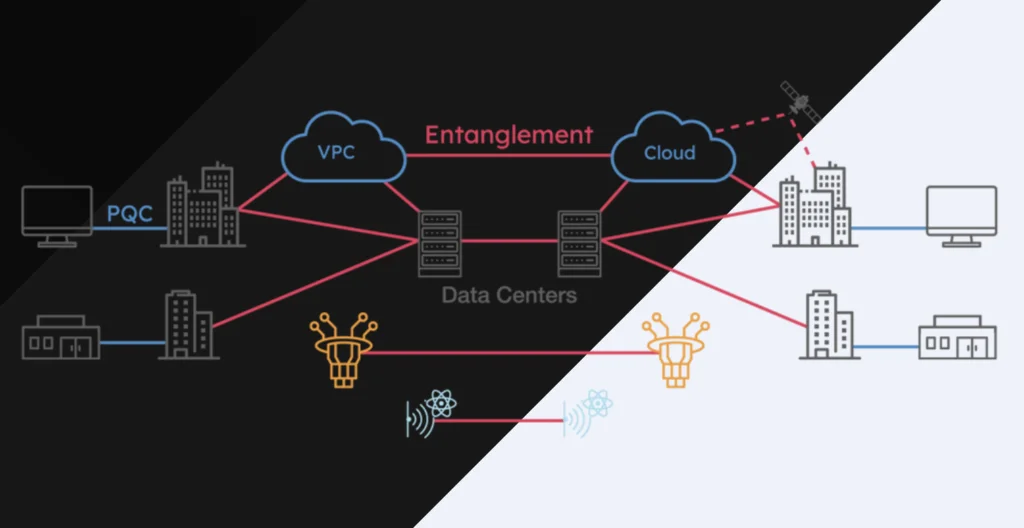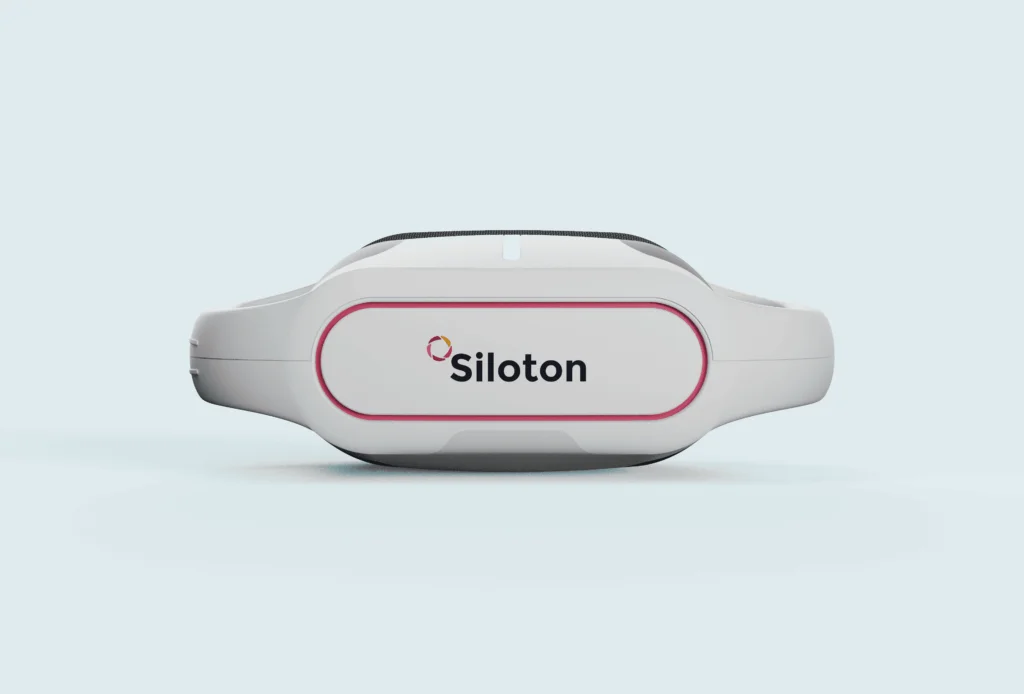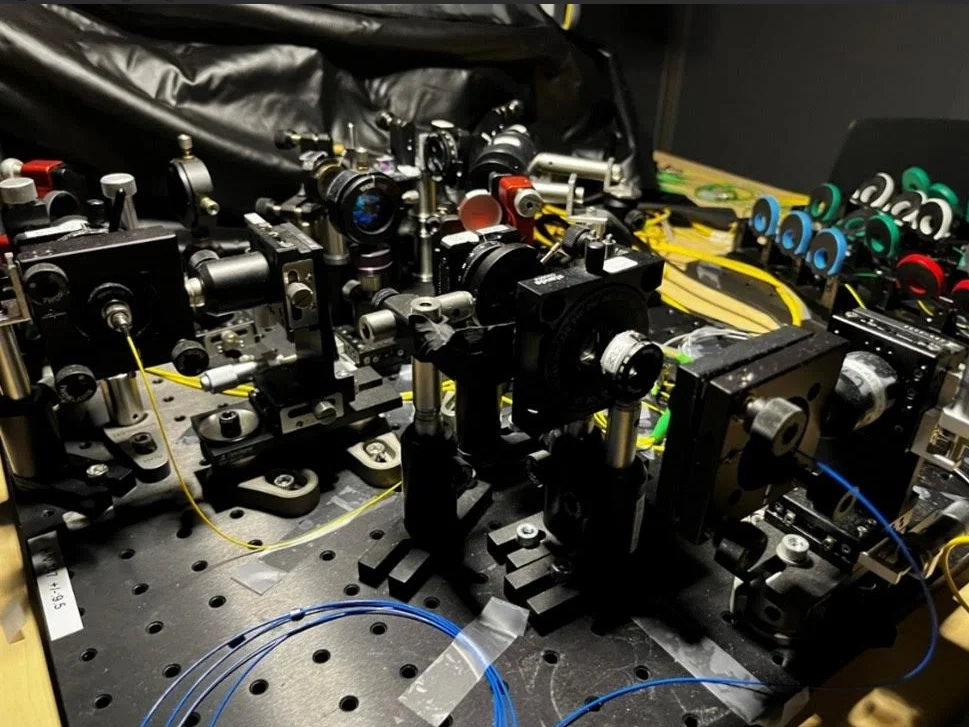Insider Brief:
- The UK government announced the development of a quantum atomic clock by the Defence Science and Technology Laboratory, intended to refine military operations through precise and resilient timing, reducing reliance on GPS systems that are vulnerable to disruption.
- The clock’s exceptional accuracy, described as losing less than one second over billions of years, supports applications such as secure communication networks, advanced weaponry accuracy, and improved navigation systems.
- Future research will focus on miniaturizing the technology for deployment on military vehicles and aircraft, with collaborations involving industry and academia refining the clock for operational use within five years.
- The government has invested over £28 million (approximately $35 million) in quantum research and development, including the development of the clock.
PRESS RELEASE — In a recent release, the UK government announced a quantum atomic clock, developed by the UK’s Defence Science and Technology Laboratory (Dstl), and designed to enhance military operations by improving precision and resilience to disruptions. According to the release from the Ministry of Defence, this device offers military personnel a tool for secure and accurate operations.
The clock is engineered to maintain accuracy, calculated to lose less than one second over billions of years. This capability reduces dependence on global navigation satellite systems, which are susceptible to jamming and interference. Dstl’s Chief Executive, Paul Hollinshead, described the development as “… a significant achievement in the UK’s quantum technology capabilities. The data gathered will not only shape future Defence effort but is also a signal to industry and academia that we are serious about exploring quantum technologies for secure and resilient operational advantage.”
Applications in Military Systems and Future Adaptations
The atomic clock has potential applications beyond timekeeping. It may also support improved navigation systems, secure communication networks, and the accuracy of advanced weaponry. By reducing reliance on GPS, the technology is intended to strengthen national security by providing a resilient timing system that is less vulnerable to jamming, spoofing, or destruction during conflict scenarios.

Commander Matt Steele of the Royal Navy’s Office of the Chief Technical Officer commented on the clock’s importance, stating, “In the next few years, the ability to operate effectively, to survive, and to navigate and also to remain lethal with the use of Quantum alongside GPS will secure operational advantage.” The Ministry of Defence also pointed out the clock’s role in supporting encrypted military networks and refining trajectory calculations for guided missiles.
The clock is being developed with the goal of further miniaturization to enable broader use. Future research aims will focus on adapting the technology for deployment on alternative platforms, including military vehicles and aircraft.
Maria Eagle MP, Minister for Defence Procurement and Industry, emphasized the importance of integrating advanced technology into existing systems, stating, “Integrating cutting edge technology into existing capabilities exemplifies the Government’s commitment to innovation in the defence sector, and to ensuring our Armed Forces have the best kit possible to keep us secure at home and strong abroad.”
The project includes collaboration with partners such as Infleqtion UK, Aquark Technologies, HCD Research, and Imperial College London. These partnerships are committed to integrating expertise from industry and academia to refine the technology and prepare it for operational use within five years. Jonathan, a technical leader at Infleqtion, noted the importance of reliable timing services, adding, “Quantum is really important to the UK especially from a defence perspective. If you look at what’s happening in the world at the moment, it’s becoming increasingly obvious that we need better and more robust position navigation and timing services, and that’s something that quantum is uniquely placed to be able to provide.”
Government Investment and Trials
According to the release, the UK Government has allocated over £28 million (approximately $35 million) through the Defence Science and Technology Laboratory to support quantum research and development. These efforts align with the Government’s Plan for Change–a commitment to enhancing national security and promoting economic growth through skilled jobs in the technology sector.
The “Demonstration of Advanced Timing Apparatus” trials are evaluating the clock’s performance and potential limitations. Conducted with input from the Royal Navy and the Army Futures team, the trials are the first tests of a UK-built quantum clock outside the laboratory. Reflecting on the significance of these trials, Hollinshead remarked, “The data gathered will not only shape future Defence effort but is also a signal to industry and academia that we are serious about exploring quantum technologies for secure and resilient operational advantage.”















